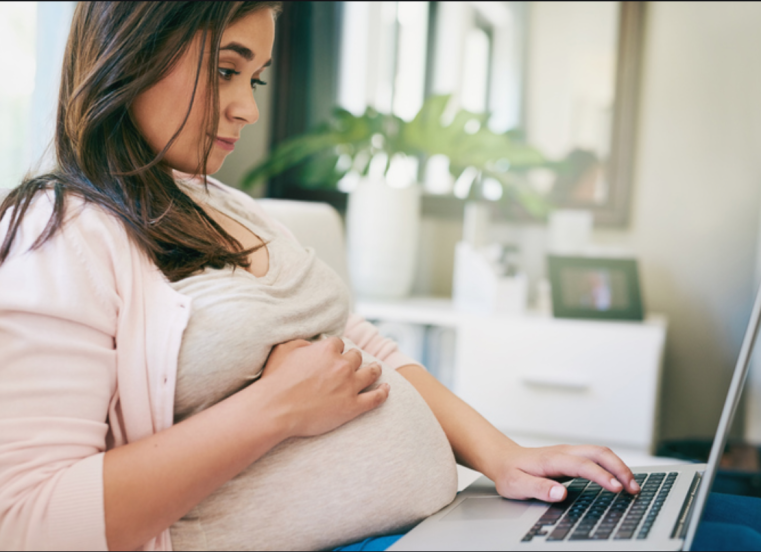Pregnancy and Coronavirus FAQ’s: Here’s what expectant mothers need to know about COVID – 19

There’s a lot to learn about COVID-19, including how it impacts pregnant women. Here, a gynaecologist-obstetrician answers commonly searched questions about pregnancy and coronavirus.
New Delhi: The coronavirus pandemic has put all of us in a stressful situation. But, for pregnant women, it can be even more stressful in such virulent times. In fact, several gynaecologists are now reportedly advising women to postpone pregnancies at least for the next two to three months. Although there is no proof of vertical transmission of the coronavirus from the mother to the baby during pregnancy, however, doctors said it’s important that women take precautionary measures to avoid any risk.
Recently, North Carolina health officials said that pregnant women are now included in the ‘high-risk’ category for the COVID-19 caused by the SARS-CoV-2 virus. According to the CDC, pregnant women experience changes in their bodies that may increase their risk of some infections. Also, women have had a higher risk of developing severe illness with viruses from the same family as COVID-19, and other viral respiratory infections like the flu.
While there is hardly any information available about coronavirus infection in pregnancy, there are several queries that arise in a pregnant mother, her spouse and her close relatives. In this article, Dr. Rajeshwari Pawar, Gynaecologist -Obstetrician, Motherhood Hospital Kharadi, Pune, answers some of the most commonly asked questions about pregnancy and coronavirus infection.
Q. Are pregnant mothers at higher risk of infection?
A. A woman has lowered immunity during pregnancy and, therefore, has to be extra careful and is advised to stay indoors to minimize exposure to the virus.
Q. Is my baby at risk of coronavirus infection?
There has been one case that is reported where the baby has been found to be positive for the COVID-19. And it is the opinion of the experts that the baby had probably acquired the infection after it was born. The published medical literature from China supports the view that pregnant mothers whose blood samples were positive for COVID-19 did not detect the coronavirus in the amniotic fluid when tested and also the throat swabs of the babies were also negative after they were born.
Q. Are there any reported cases of coronavirus infection in pregnant mothers?
A. There is one reported case in the literature, where the pregnant mother developed severe respiratory symptoms at 30 weeks and needed ventilation. A decision was taken to do an emergency cesarean section and both mother and baby are said to be doing well.
Q. Are the symptoms of coronavirus any different in pregnant mothers?
A. The same symptoms of cough, fever, breathlessness are noticed, but if the infection gets severe, then pneumonia and respiratory failure may develop requiring ventilation. Are there increased chances of miscarriage?
At present, there is no data to suggest that coronavirus infection increases the chances of miscarriage or pregnancy loss.
Q. Are there increased chances of congenital defects in the babies of mothers infected with COVID-19?
A. As already mentioned, from the limited evidence that is available, the virus is not known to go to the fetus or cross the placenta, and, therefore, there is no evidence to suggest that there’s an increased chance of congenital defects in the babies of infected mothers.
Q. What is the general advice to pregnant mothers in ‘high-risk’ areas?
- Report to your obstetrician regarding the exposure.
- Self-isolate for at least 2 weeks (self-isolation means not to go to work, not to use public transport, stay at home and not allow any visitors, stay in well-ventilated rooms, do not share towels, soaps, plates, cups, spoons with the other family members).
- Visit a hospital only if urgent medical care is needed (in which case the obstetrician should be informed in advance about the self-isolation so that the hospital takes the necessary precautions on the premises even before the patient reaches there).
- If diagnostic tests are advised, the same protocol is followed like for any other person suspected of COVID-19 and the samples sent to the designated labs.
Disclaimer: Tips and suggestions mentioned in the article are for general information purposes only and should not be construed as professional medical advice. Always consult your doctor or a professional healthcare provider if you have any specific questions about any medical matter.